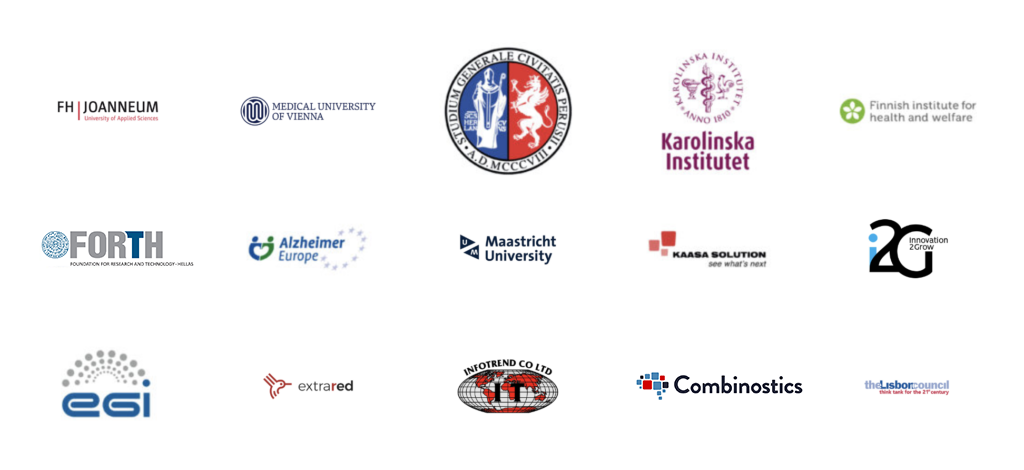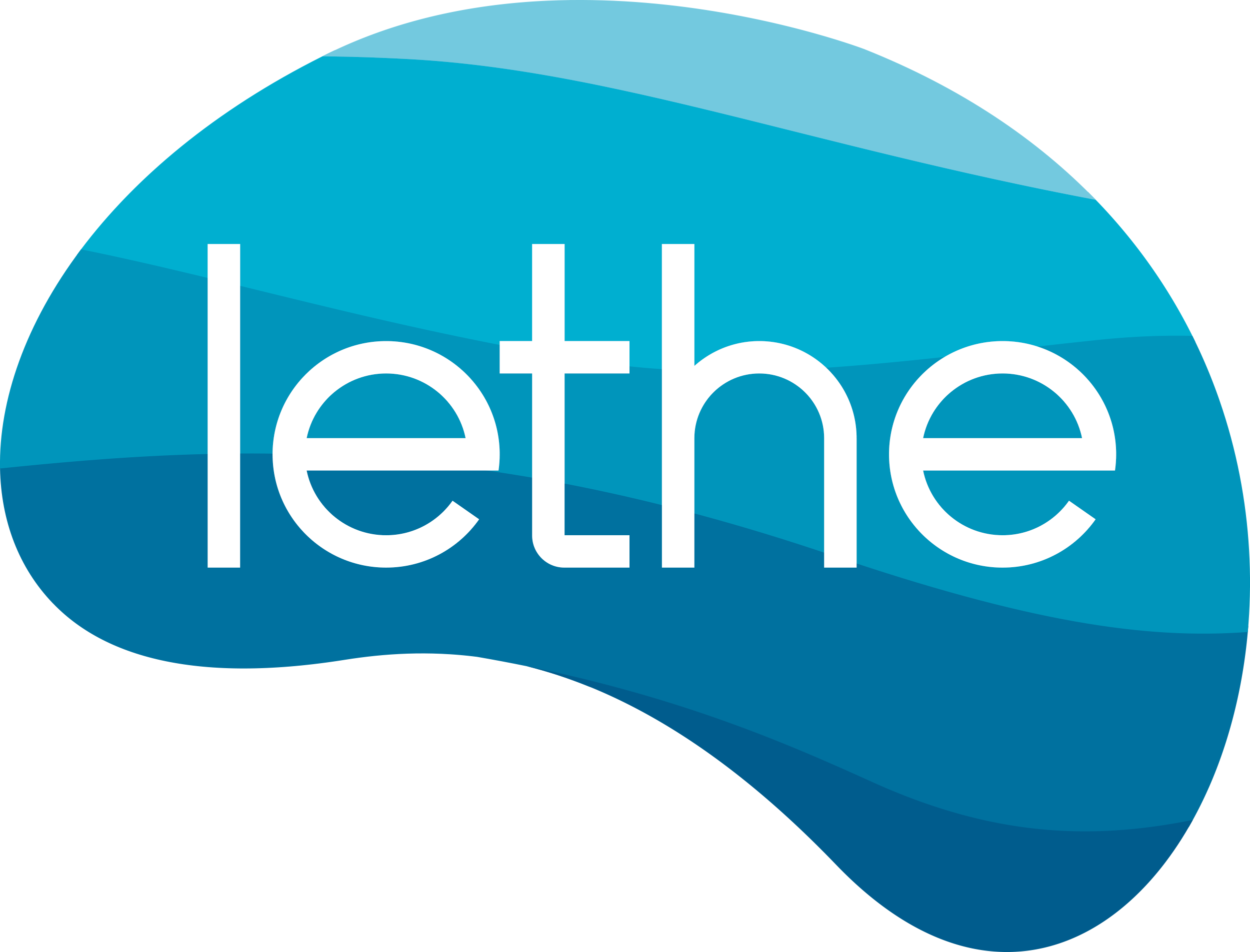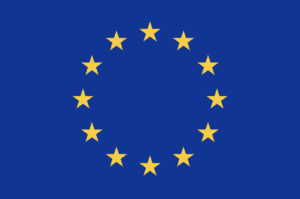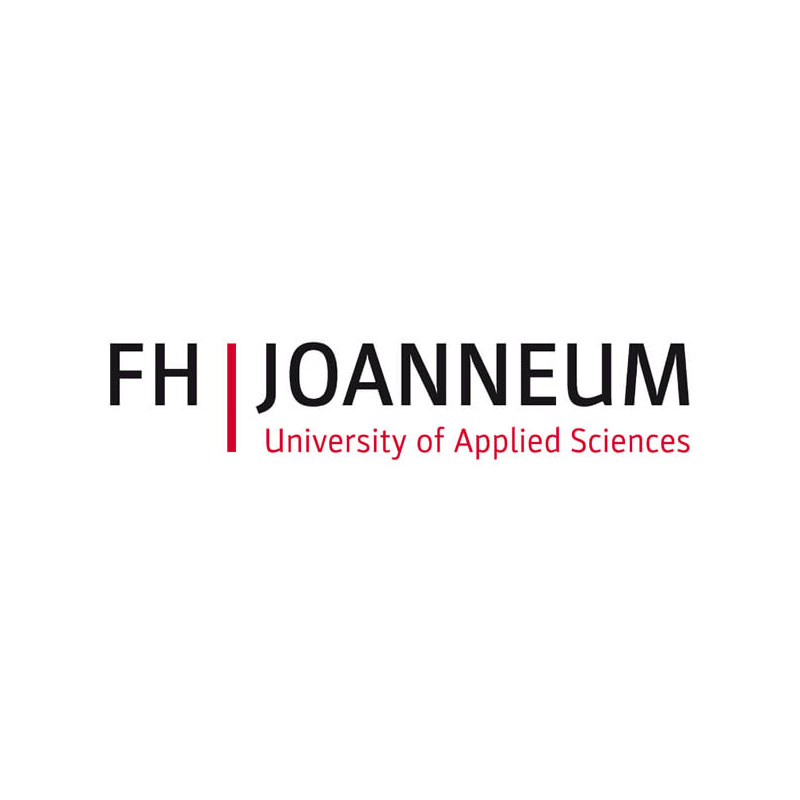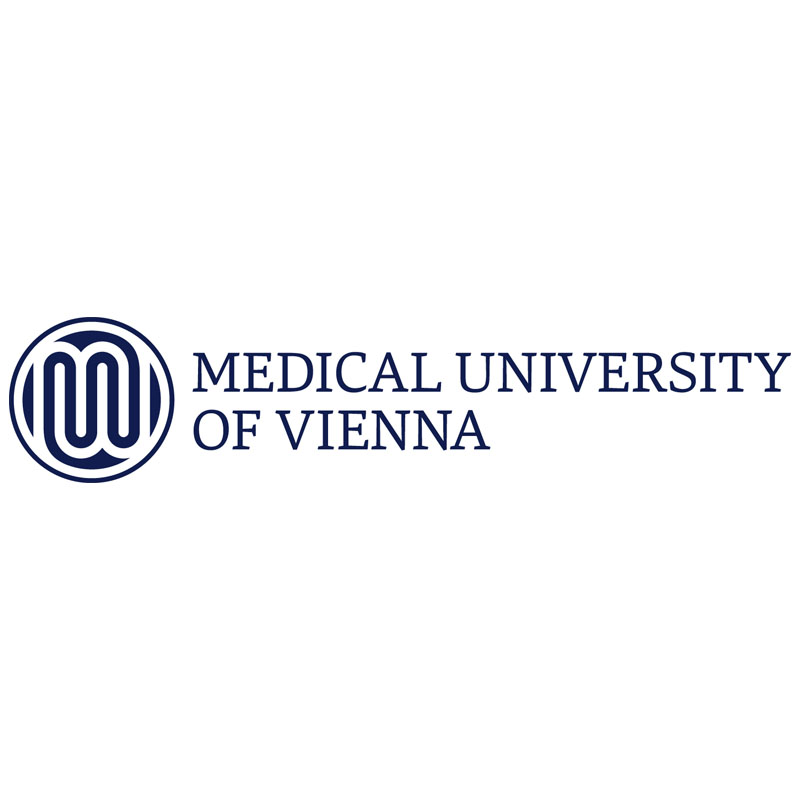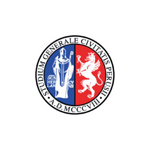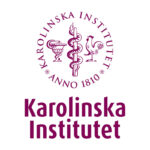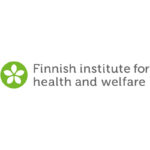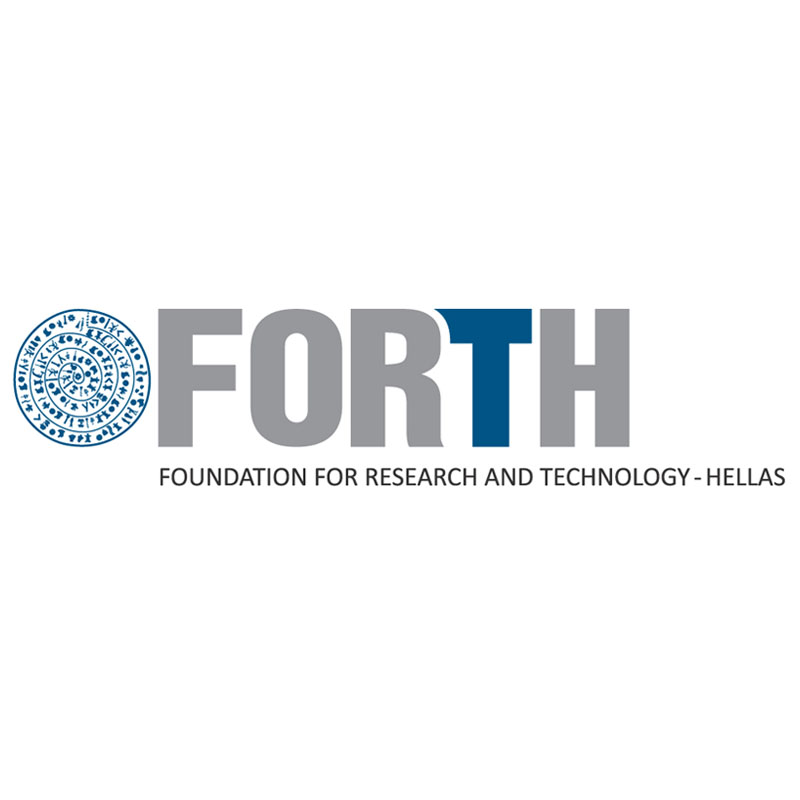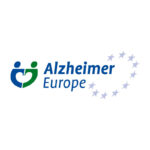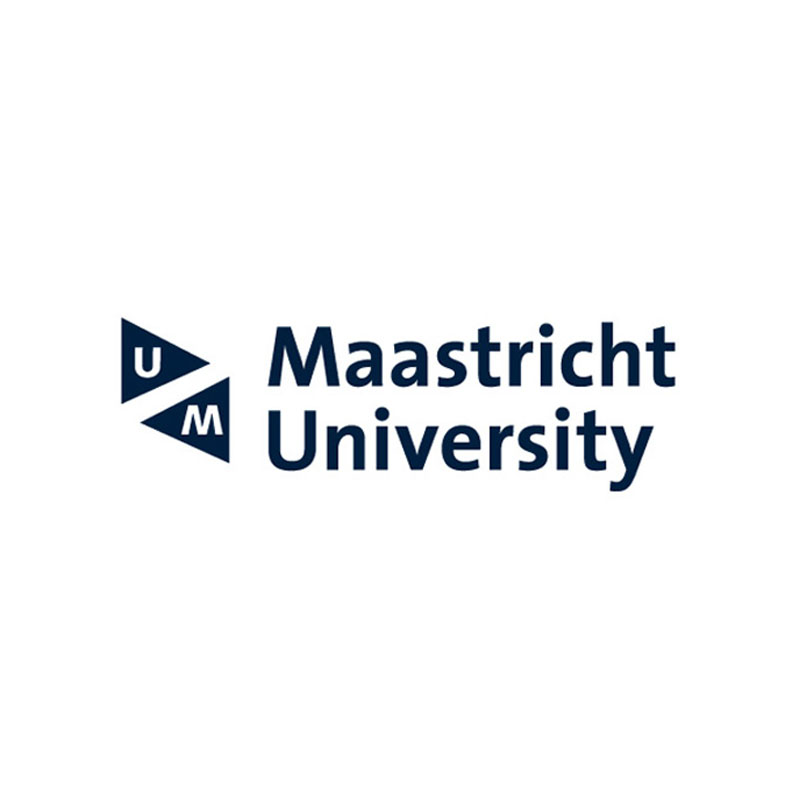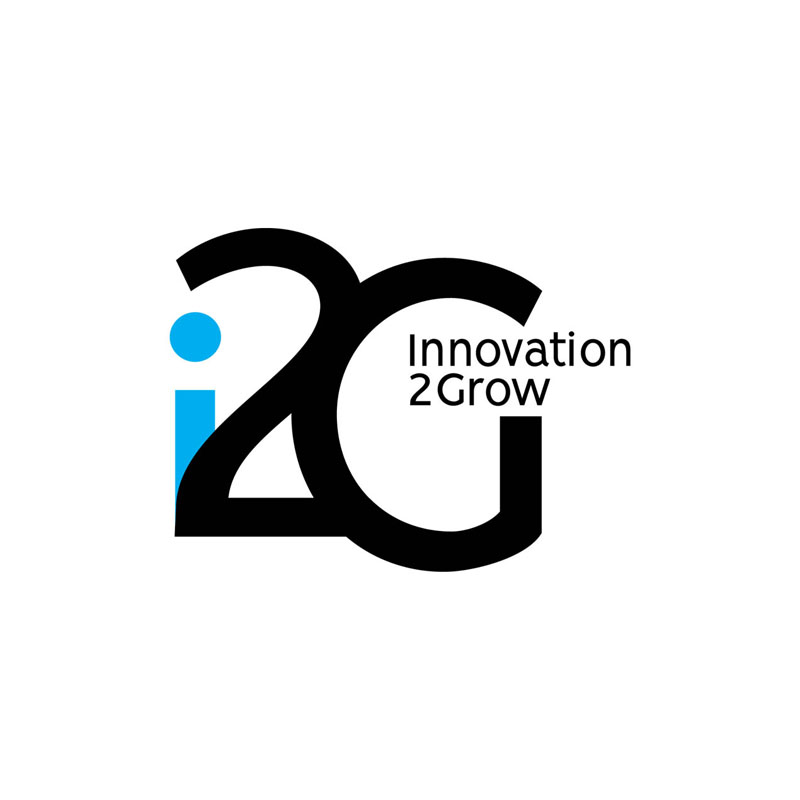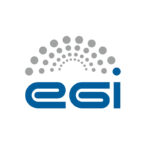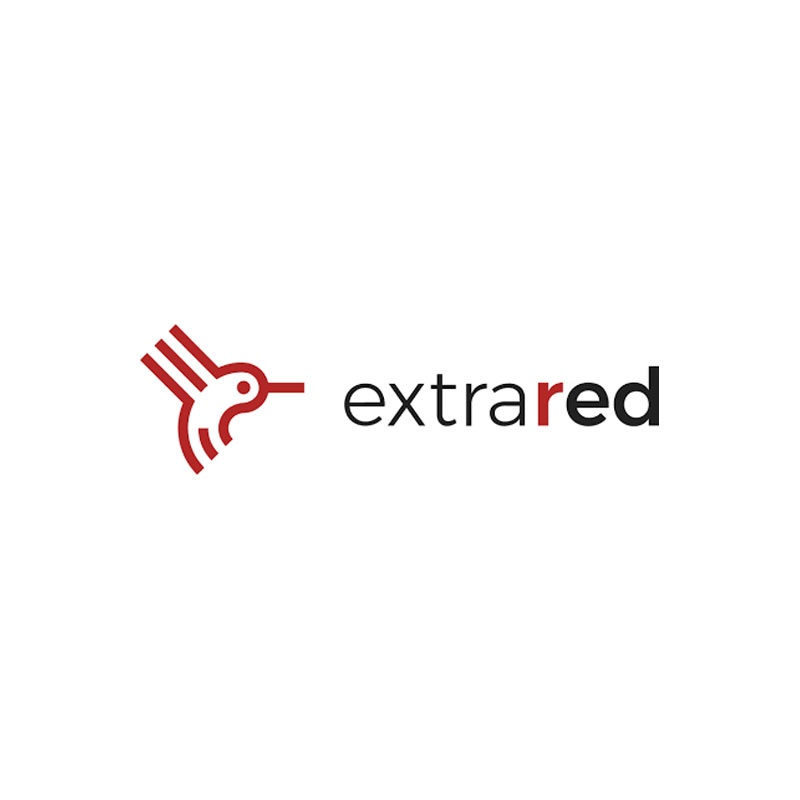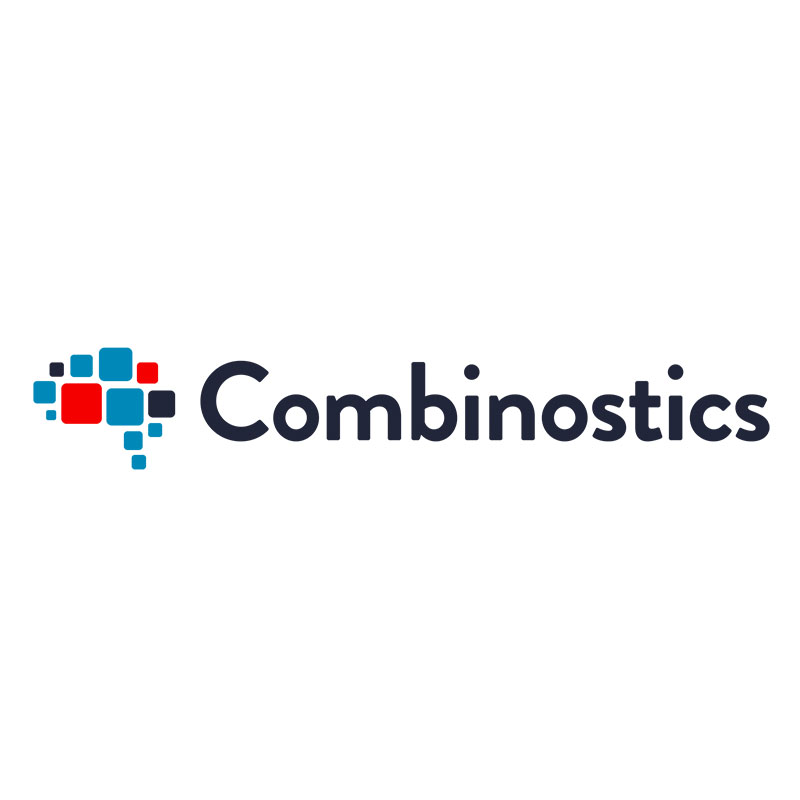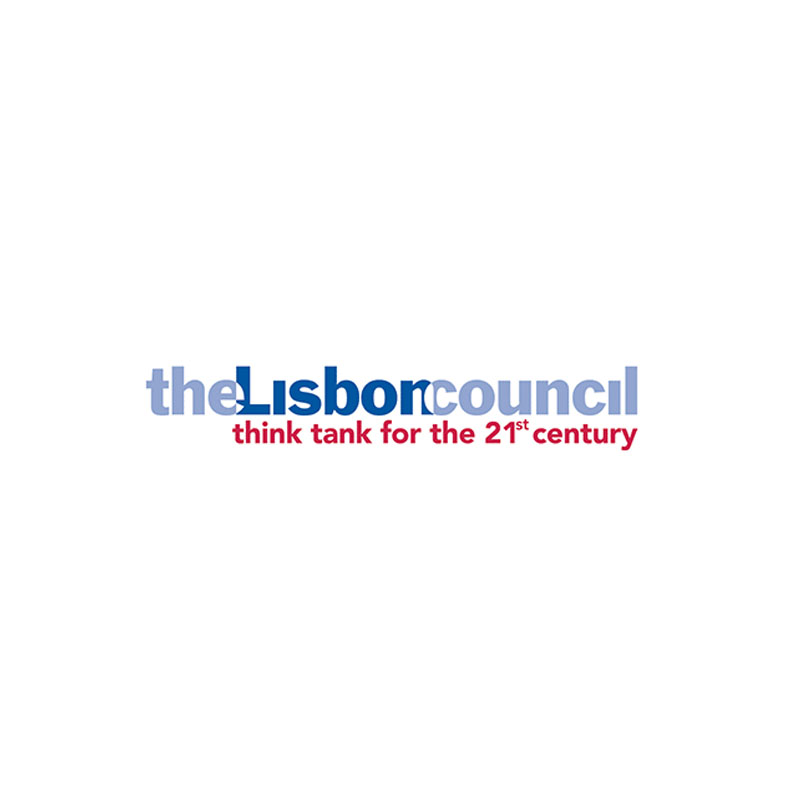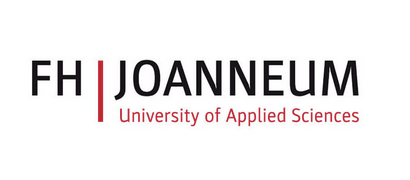Public Involvement
Public Involvement
LETHE IN LAY TERMS
The LETHE project kicked off in January 2021 and will address the topics of prevention and technology. The project is building on an existing, well-recognised study called FINGER: “the Finnish Geriatric Intervention Study to Prevent Cognitive Impairment and Disability”.
The FINGER study was the first to show that changes in lifestyle can help to improve cognition (e.g. memory and other thinking skills) in older people at risk of developing cognitive impairment and dementia.
In the FINGER intervention, the change in lifestyle combines healthy diet, physical exercise, increased intellectual and social stimulation, and better management of heart and vascular health (e.g. blood pressure and cholesterol).
What will be LETHE adding?
What will be LETHE adding?
LETHE will use a “big data” approach. This means that it will look at large amounts of existing health and lifestyle information from many individuals, including data from the FINGER study and from other (observational) studies in four European countries (all of them involving older people how have an increased risk for dementia).
LETHE will help to understand how technology could be used in interventions to prevent cognitive decline and dementia (e.g. in the identification of risk factors for cognitive decline and to support the implementation of the intervention).
By the end of the project, LETHE will have developed and tested a new life-style, technology-based intervention which could be used in the prevention of cognitive decline and dementia. Among other things, the intervention will include an individual assessment of the person’s risk for cognitive decline, personalised recommendations, as well as personalised feedback and support during the time the person is following the intervention program.
A “feasibility” study will be conducted in different European countries which will help to understand how feasible this preventive intervention is and how likely it is to be successful.
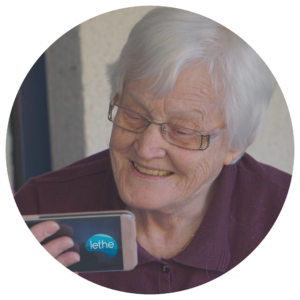

ABOUT PUBLIC INVOLVEMENT
ABOUT PUBLIC INVOLVEMENT
Public Involvement (PI) is about carrying out research ‘with’ or ‘by’ members of the public, rather than ‘to’, ‘about’ or ‘for’ them”. It should be conducted in such a way that it promotes their meaningful and active involvement. This is different from being a participant in a research study.
People participating in PI activities provide “advice” (e.g., their opinion, experiences, suggestions etc.) to the research team conducting the research.
To learn more about PI in dementia research please see:
Prevention and risk reduction are relatively new areas in the field of dementia. Research in this area can greatly benefit from input from people with an interest in the topic and/or experiencing cognitive problems or dementia (e.g. people with Mild Cognitive Impairment, subjective memory decline or Alzheimer’s dementia). They can bring a unique perspective to research and can actively and meaningfully contribute towards several aspects of the project.
In the LETHE project, we are working to set up a Patient Advisory Board which will provide advice and recommendations to the researchers involved in the project. This will help to ensure that the voices of different people from the public (i.e. lay people), with an interest in the topics addressed in the project, are heard and taken into account.
THE LETHE PATIENT ADVISORY BOARD
THE LETHE PATIENT ADVISORY BOARD
Alzheimer Europe, in close coordination with the other partners in the project, is responsible for the coordination of the LETHE Patient Advisory Board and the contribution of its members. The Advisory Board will be set up in 2021 and will run until the end of the project.
The Patient Advisory Board will be composed of 6 to 8 people from different countries in Europe.
Members of the Advisory Board do not need to have any previous scientific, technical or specialised knowledge.
The working language of the Advisory Board is English.
An important aim of the Public Involvement activities will be to ensure that members of the Patient Advisory Board are involved in the work of the project from the beginning of the project and can influence and guide relevant decisions in the project.
Members of the Patient Advisory Board will have the opportunity to provide feedback and advice about different topics and issues linked to the project. Some examples of the topics that may be discussed with members of the Patient Advisory Board include: understandings of prevention, brain health and risk factors for Alzheimer´s dementia, technologies which will be used in the project, ethical and social implications of the project etc.
Due to the current COVID-19 pandemic, face-to-face (i.e. in person) meetings are not currently possible. Therefore, all interactions with Patient Advisory Board members will be online.
Once it is possible and safe to meet, in addition to this, face-to-face meetings will be organised.
Meet the members
Coming soon
The LETHE-Project has received funding from the European Union’s Horizon 2020 research and innovation programme under grant agreement no 101017405
https://ec.europa.eu/digital-single-market/en/policies/ehealth
Consortium
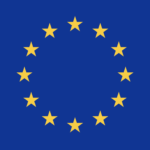
The LETHE-Project has received funding from the European Union’s Horizon 2020 research and innovation programme under grant agreement no 101017405
https://ec.europa.eu/digital-single-market/en/policies/ehealth
